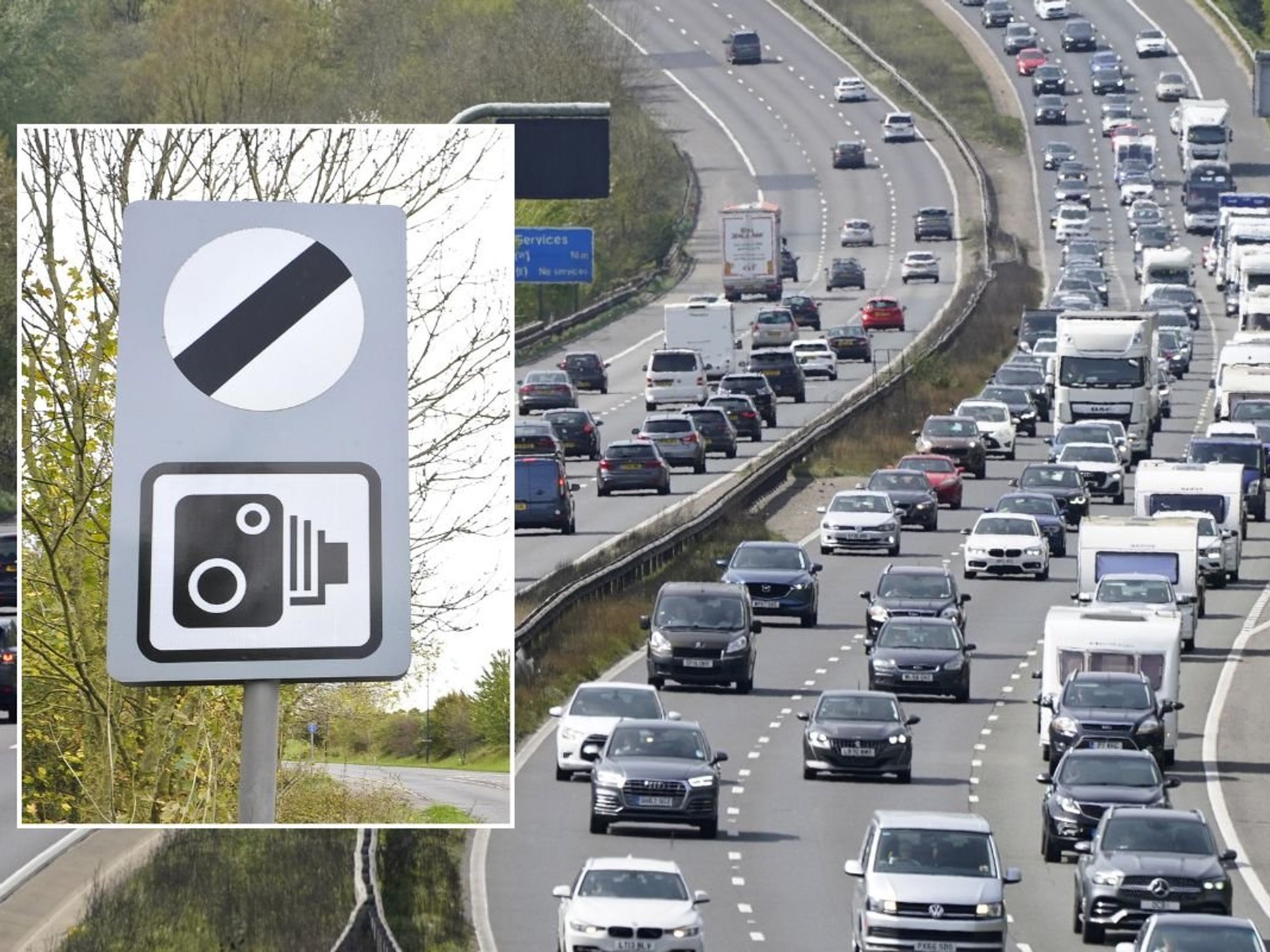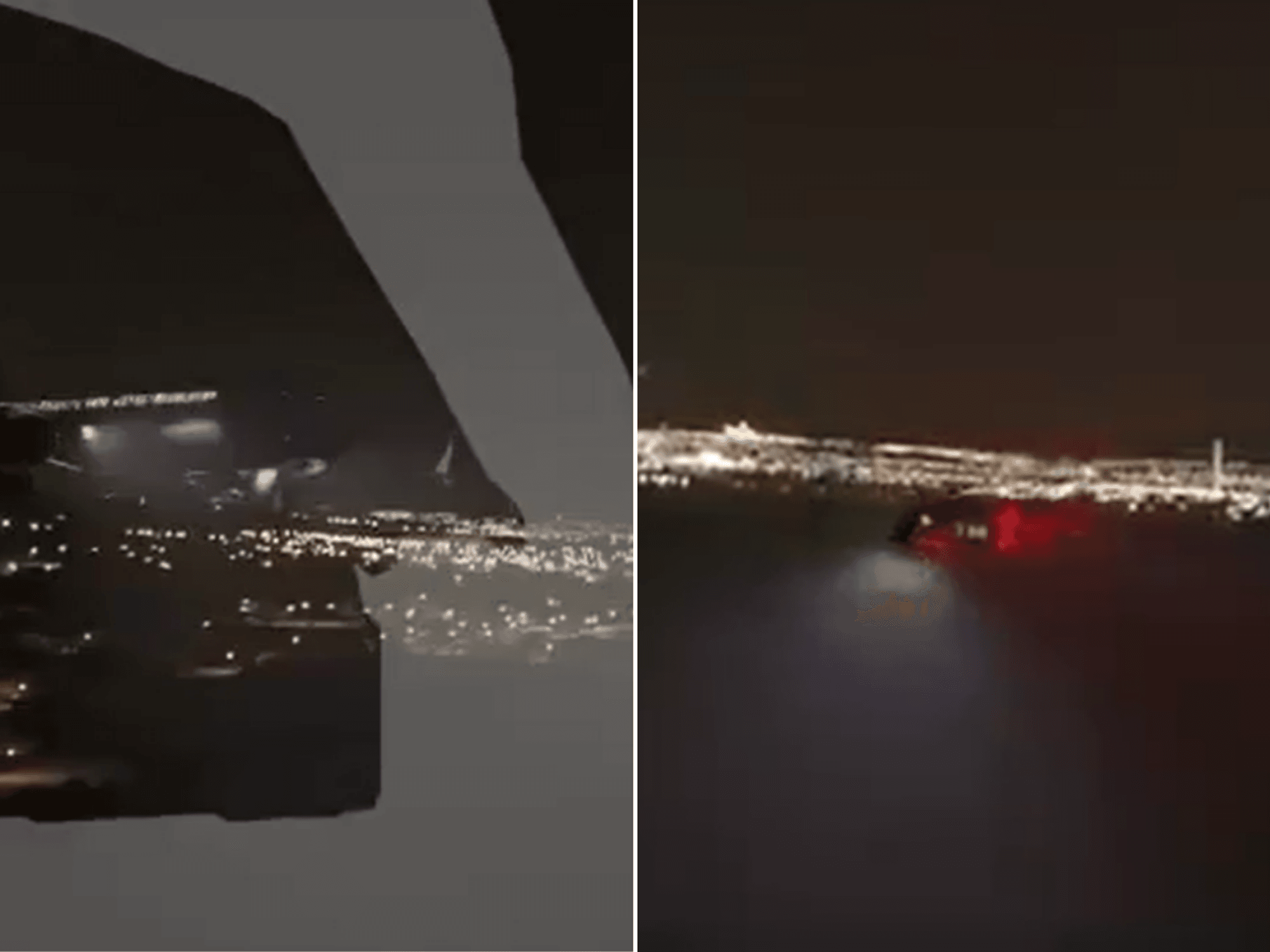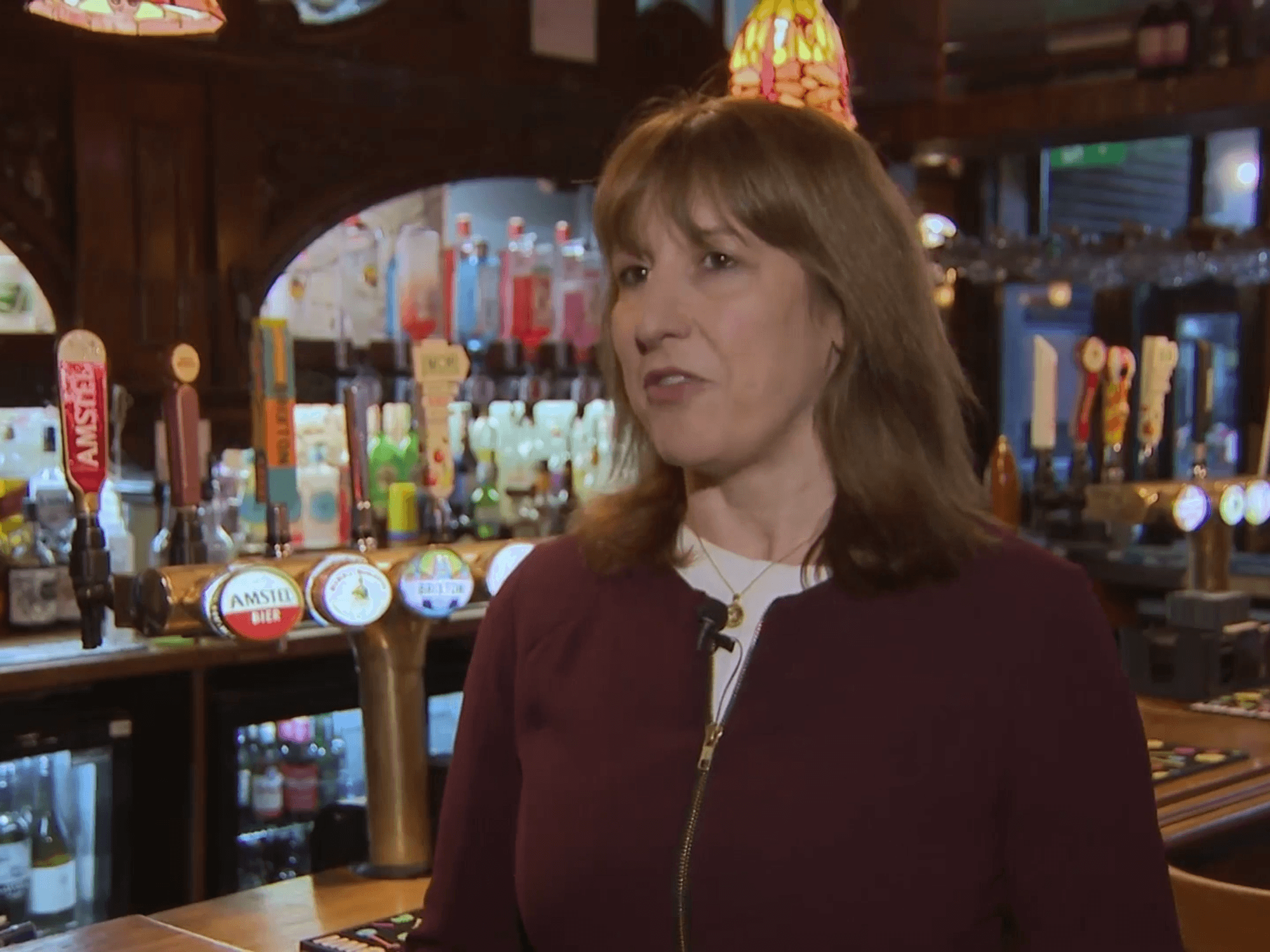German butcher becomes 'first in Europe' to sell raccoon sausages
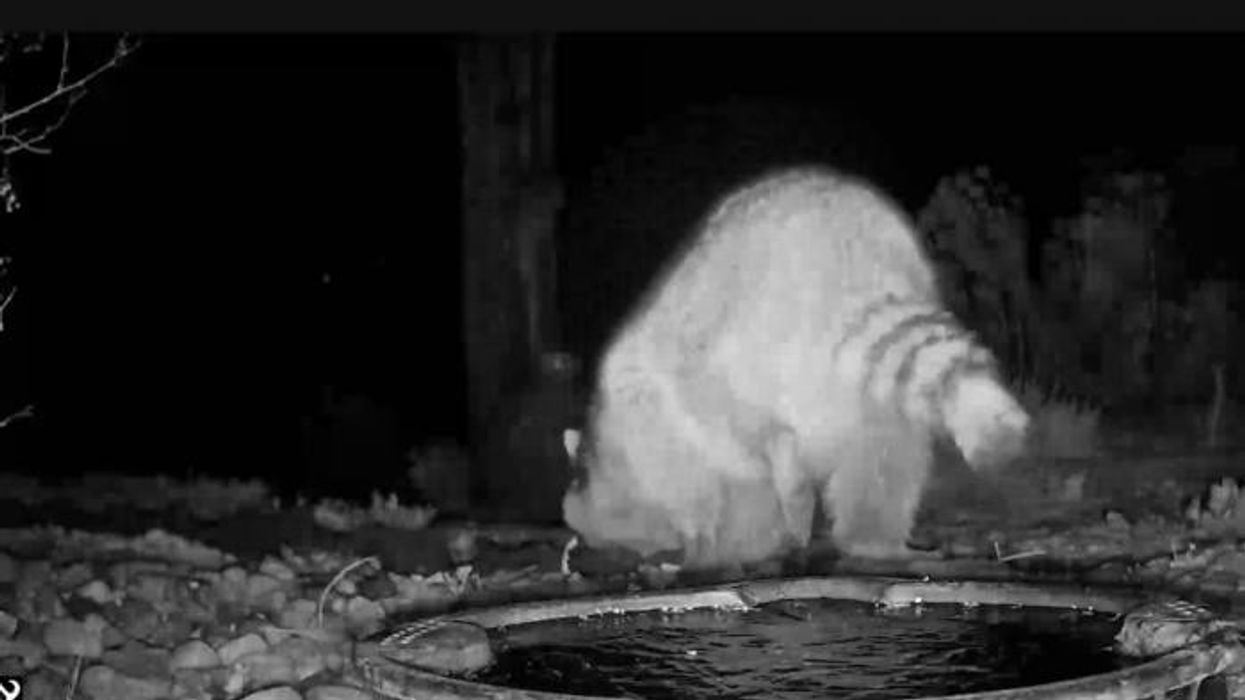
A video shows a raccoon completing a handstand and walking on its front paws in a garden
|GB News
The critter, native to North America, has made Germany its second home due to a lack of natural predators
Don't Miss
Most Read
Trending on GB News
A German butcher claims to have become the "first in Europe" to sell sausages made from raccoon meat.
As a horde of invasive racoons have swarmed Germany, Saxony hunter Michael Reiss has turned it into a commercial opportunity.
The former car mechanic thinks he might be pioneering raccoon meat in Europe, selling it at his butcher shop Wildererhütte (Poacher’s Hut) 100 km west of Berlin.
He told Reuters: “Raccoon has a delicate taste. It’s difficult to describe but if you eat one of my regular Bratwursts and then a raccoon sausage you’ll know the difference.
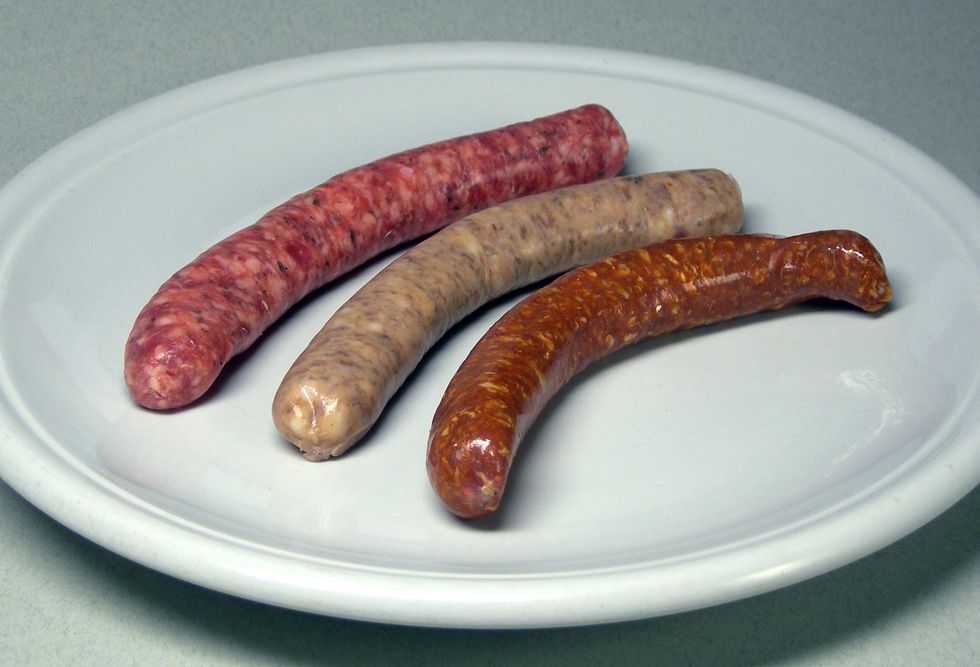
Reiss now sells Racoon Bratwurst and Knackwurst
|Wikimedia Commons
“I’ve looked into thousands of faces at my food stand and they looked happy.”
Reiss first unveiled the delicacy in the form of the raccoon meatball at 2023’s Berlin International Green Week, the world largest farming and food fair, to the delight of gourmands.
Since then, he has gone on to offer raccoon liver sausage, racoon salami mixed with low-fat deer meat (it’s too soft otherwise), soup made from meat boiled off the animals bones, and even pate.
Before this revelation, Reiss mainly sold sausage and wild boar products, but there is no shortage of racoon meat in Germany.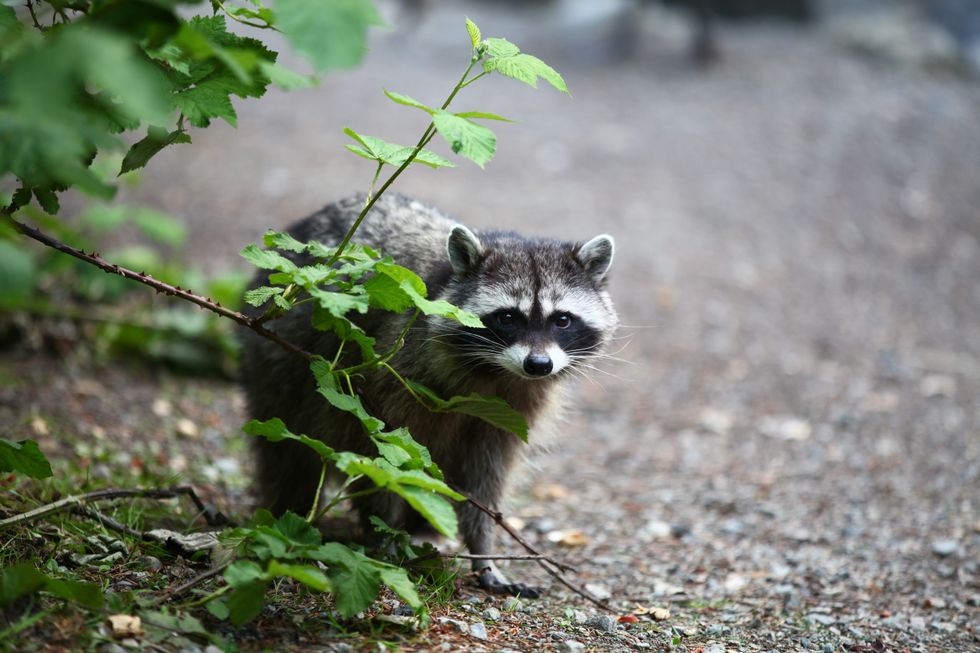
The critter, native to North America, has made Germany its second home due to a lack of natural predators, and is often found in bins or up drainpipes.
|Wikimedia Commons
The critter, native to North America, has made Germany its second home due to a lack of natural predators, and is often found in bins or up drainpipes.
Their rise has prompted speculation that the racoon epidemic began when Herman Goering, founder of the Gestapo, release two pairs of ‘nazi’ racoons into forests in 1934 when he was in charge of the Reich Forestry Office.
Since then, the population has ballooned beyond proportion, now thought to be at least two million.
The animals have even set up a so-called racoon capital of Europe in the German city of Kade when they were seen roaming the streets this Summer.
Latest Developments
Reiss claims the spread of the animal is has become a “crazy" problem.
He said: “As soon as they are hunted, more move in from neighbouring territories to take their place. We’ve got to reduce their numbers because they are threatening amphibians, birds and bat populations. So we might as well process them.”
While racoon meat isn’t currently sold in German supermarkets, demand might soon skyrocket if research under way in Berlin denotes its meat as a superfood due to its fatty acids.
More From GB News






